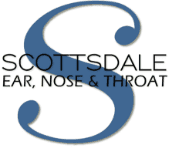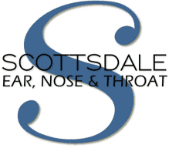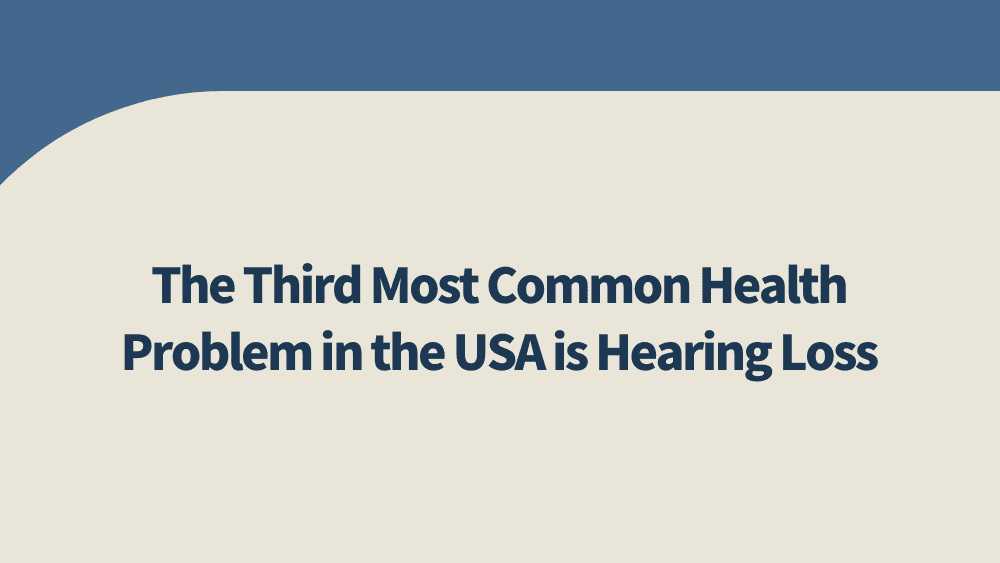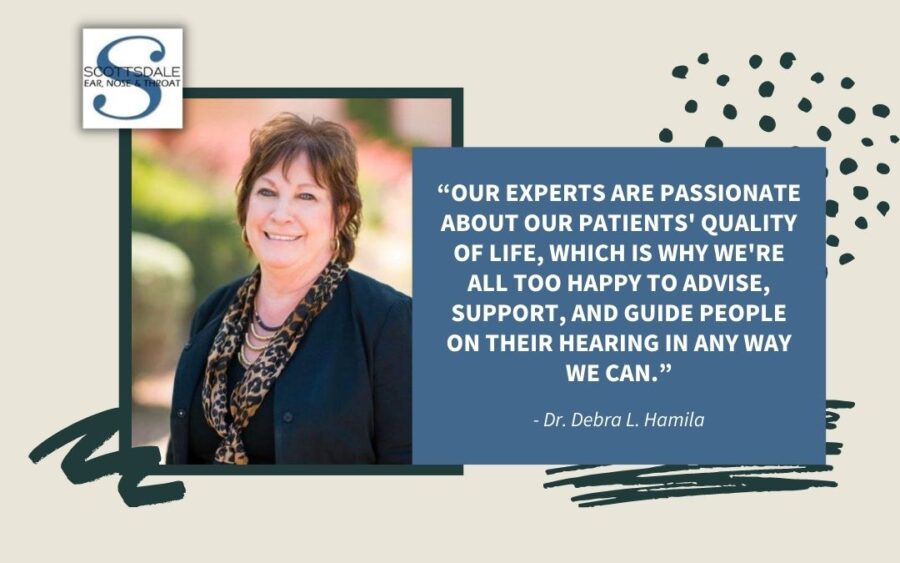Trailing behind arthritis and heart disease, hearing loss is the third most common health problem in the USA, beating both cancer and diabetes.
Why is it that hearing tests and hearing care take a backseat when it comes to health screenings?
To encourage Scottsdale residents to take hearing care more seriously, here is a closer examination of the effects of hearing loss and how it is treated.
How Prevalent Is Hearing Loss?
Hearing loss affects approximately 38.2 million people or 14.3% of the US population, according to Johns Hopkins research.
Contained within those numbers is some additional alarming information, like:
• 1 out of 3 adults between 65 and 74 have hearing loss, with almost half over 75 experiencing hearing impairment
• 91% of 50+ aged adults have hearing loss
• The highest degree of hearing loss affects those over 80 years old
• It is three times more likely that men in their 50s will develop hearing loss, but women catch up rapidly as they age.
2-3 of every 1,000 children are born with detectable hearing loss in one or both ears. 15% of US school-aged children have a hearing loss, while 90% of deaf children are born to hearing parents.
If these numbers don’t grab your attention, here are some more.
Hearing Loss Has a Significant Financial Impact
Hearing loss cost Americans more than $100 billion each year. About $18 billion per year in unrealized tax revenues are forfeited by the US government due to hearing loss.
Bringing the numbers closer to home, hearing loss costs the average household about $12,000 annually. Still, these costs are cut in half with the use of hearing aids, meaning that hearing care treatment provides a significant contribution financially.
Various Health Conditions Coincide with Hearing Loss
By placing hearing care lower on the list of priorities, individuals run the risk of impacting their overall health as well as that of their families.
Limited or the absence of hearing care can lead to conditions like:
• Ear Infections: five out of six children experience ear infections before age three.
• Cognitive Decline, Dementia, and Alzheimer’s Disease: mild to moderate untreated hearing loss contribute to these conditions with hearing loss as a leading indicator for Alzheimer’s Disease.
• Depression: people with untreated hearing loss are twice as likely to experience depression than those with normal hearing or who use hearing aids.
• Hypertension and Heart Disease: hearing loss is more common in those with these conditions.
• Diabetes: the risk of hearing loss doubles for those with diabetes.
• Tinnitus: 25% of American adults experience tinnitus lasting at least five minutes annually.
How Should You Respond?
Most adults do not fail to have their cholesterol checked, undergo blood pressure monitoring, or scheduling physical checkups to reduce their risk of heart disease.
Many load up on antioxidants or try to reduce their sugar intake in the hope of holding cancer and diabetes at bay.
Several health care and hearing care objectives are accomplished through a comprehensive hearing exam, including:
• Establishing a baseline for measuring changes to your hearing capacity.
• Identifying potential damages to your hearing due to occupation, lifestyle, and leisure activities and providing the means to protect yourself from developing hearing loss.
• Diagnosing the type and severity of your hearing loss as well as identifying the best treatment options for the unique condition.
• Advanced warning of other potential health problems commonly connected to hearing loss.
Early detection and treatment can reduce both the financial and physical health issues brought on by hearing loss.
For many Americans, the stigma often associated with hearing aids and misinformation about who is affected cause many to reduce the importance of scheduling regular hearing assessments.
Though hearing aids are only one of the many treatment options used to prevent and treat hearing loss, those who require them discover that modern devices are lighter, more discrete, perform better and come with some impressive streaming and connectivity options.
Scottsdale Ear, Nose & Throat Is Your Hearing Care Partner
Because hearing loss is the third most common health condition affecting Americans, you should give hearing health care a higher priority.
The team at Scottsdale ENT is eager to provide regular comprehensive hearing exams along with the treatment and care necessary to prevent or limit the impact of hearing loss on you and your family.
We are committed to keeping you safe during office visits by following all the necessary protocols, and we also offer non-contact tele-audiology.
Contact us to schedule a hearing assessment to help keep you from becoming a hearing loss statistic.



